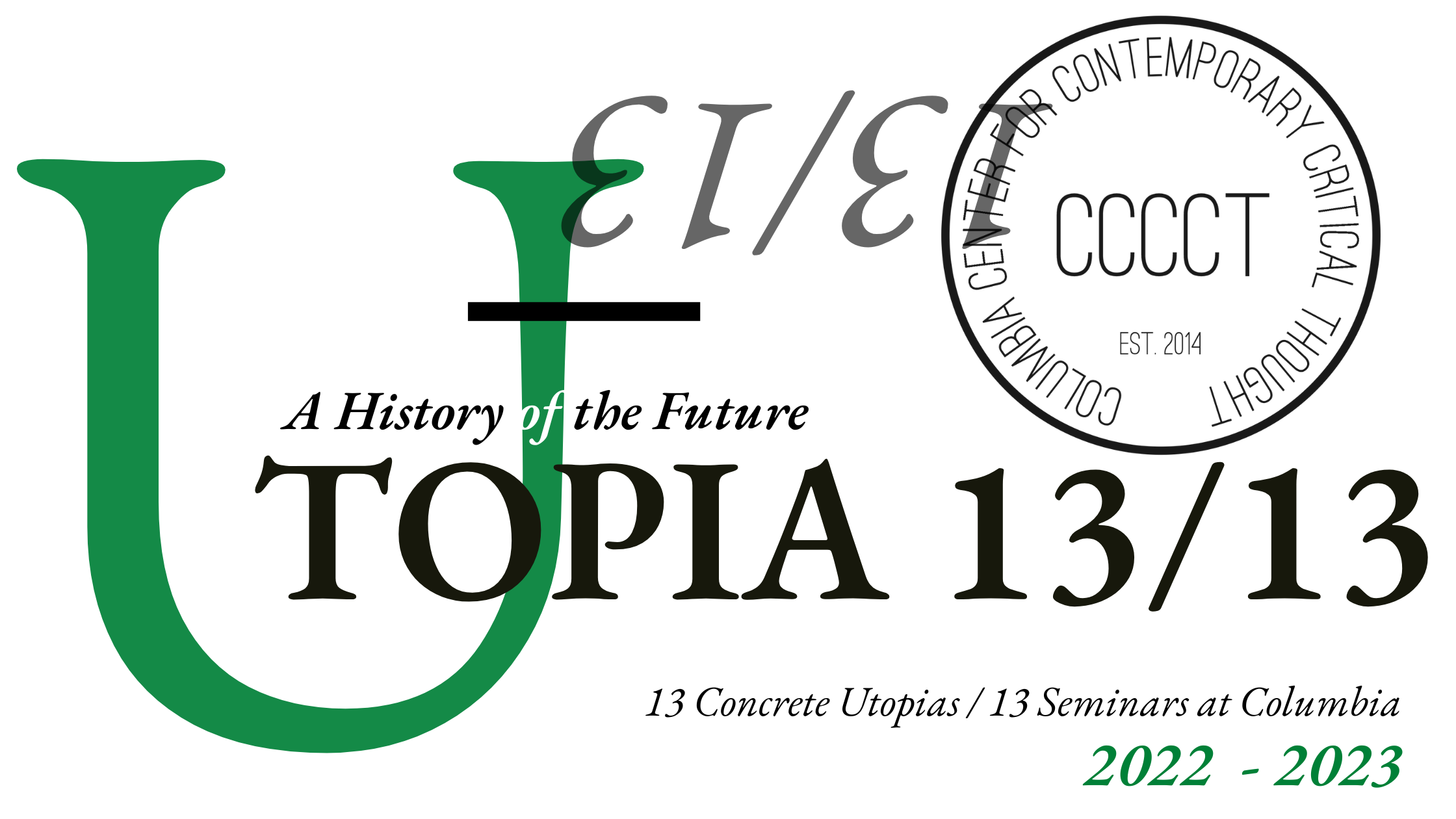 Gary Wilder is a Professor in the Ph.D. Program of Anthropology, with cross-appointments in History and French, at the Graduate Center of the City University of New York, where he is also Director of the Committee on Globalization and Social Change.
Gary Wilder is a Professor in the Ph.D. Program of Anthropology, with cross-appointments in History and French, at the Graduate Center of the City University of New York, where he is also Director of the Committee on Globalization and Social Change.
Wilder’s work on the French empire, Francophone West Africa and the Caribbean, and Black Atlantic social thought is located at the intersection of historical anthropology, intellectual history, and critical theory (with special emphasis on Marxism, postcolonialism, and poststructuralism).
He is the author of Freedom Time: Negritude, Decolonization, and the Future of the World (Duke University Press, 2015) and The French Imperial Nation-State: Negritude and Colonial Humanism Between the World Wars (University of Chicago Press, 2005). His newest book, Concrete Utopianism: The Politics of Temporality and Solidarity, will be published by Fordham University Press in Spring 2022. Other publications include Theses on Theory and History, an open-source digital publication, co-authored with Ethan Kleinberg and Joan Wallach Scott. and two edited volumes, The Fernando Coronil Reader: The Struggle for the Life is the Matter, with Mariana Coronil, Laurent Dubois Paul Eiss, Edward Murphy, David Pedersen, and Julie Skurski, (Duke University Press, 2019) and The Postcolonial Contemporary: Political Imaginaries for the Global Present, with Jini Kim Watson (Fordham University Press, 2018). He is currently working on a manuscript provisionally entitled “More Abundant Life: Black Radical Humanism and the Atlantic World.”
He has published articles in the American Historical Review, Radical History Review, Public Culture, History of the Present, South Atlantic Quarterly, Political Concepts, Journal of Historical Sociology, Anthropology and History, French Historical Studies Salon, Small Axe Salon, and African and Black Diaspora. He has published public essays in Open Democracy, Aeon Magazine, the Village Voice Literary Supplement and Columbia (literary review). He has received research grants from the National Science Foundation (1990), Social Science Research Council (1994), Fulbright/IIE Program (1994), MacArthur Foundation (1995), Spencer Foundation (1997), American Council of Learned Societies (2002), and the Mellon Foundation (2006 and 2012). A Mellon New Directions Fellowship allowed him to spend 2007-2008 studying international law as a Visiting Fellow at the Human Rights Program of Harvard Law School.
